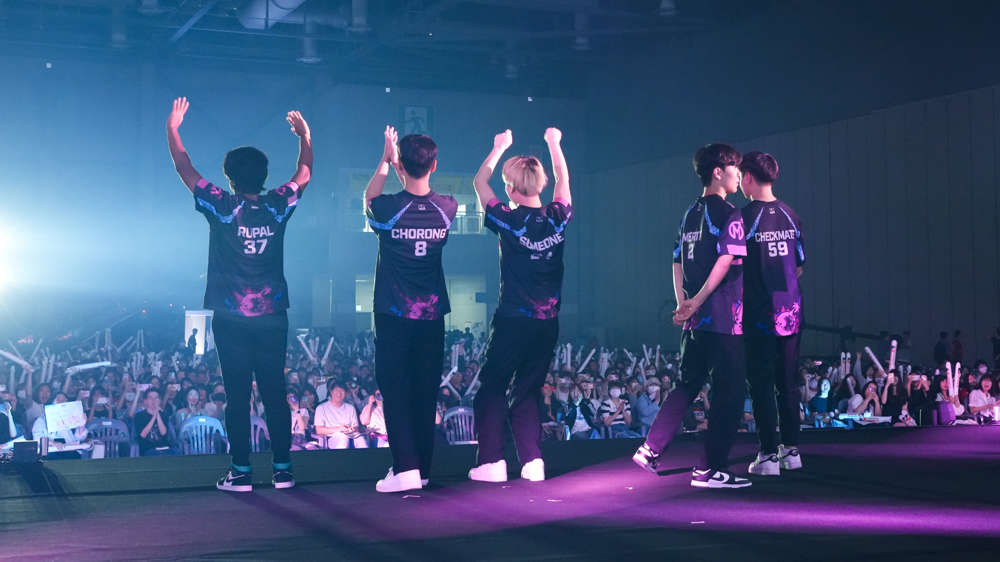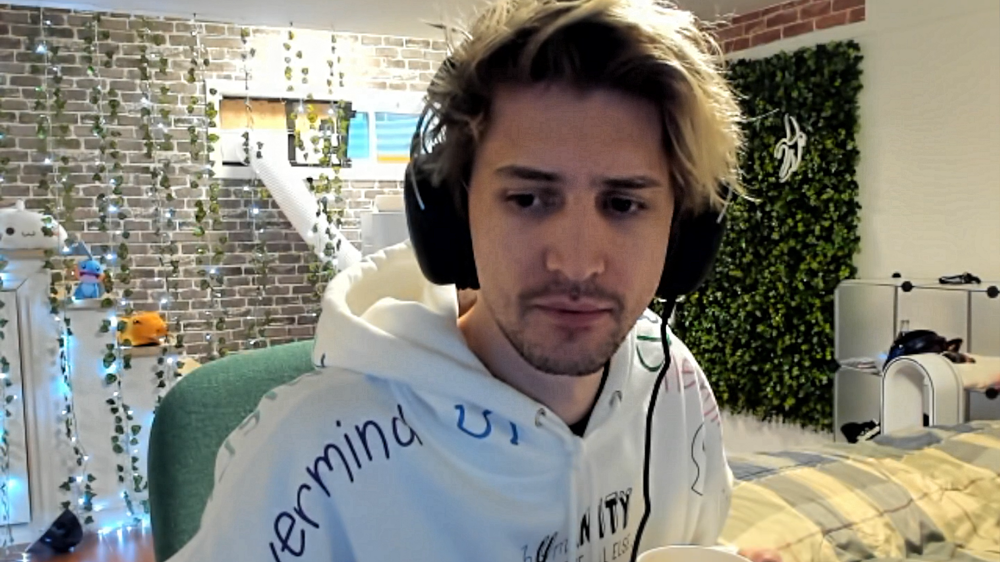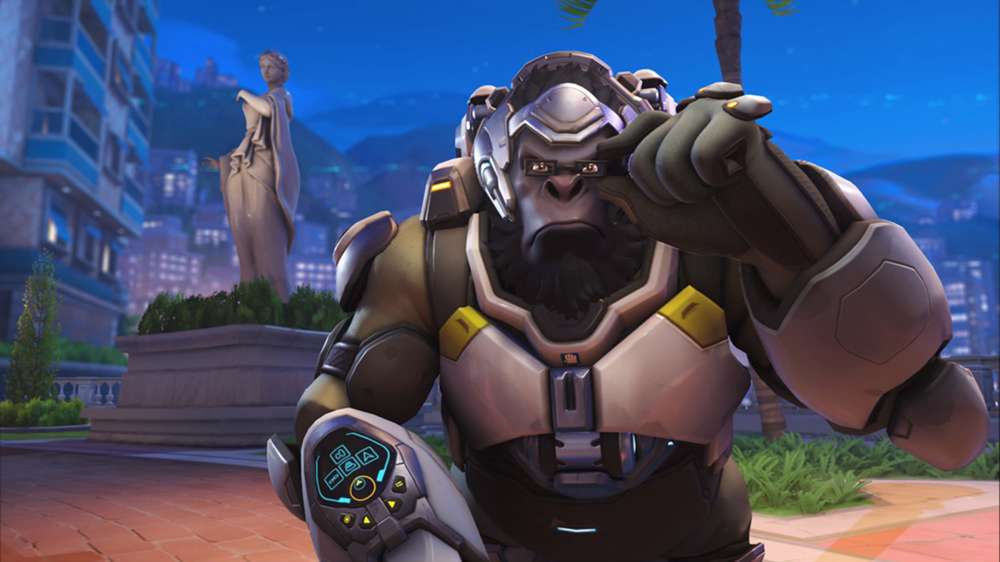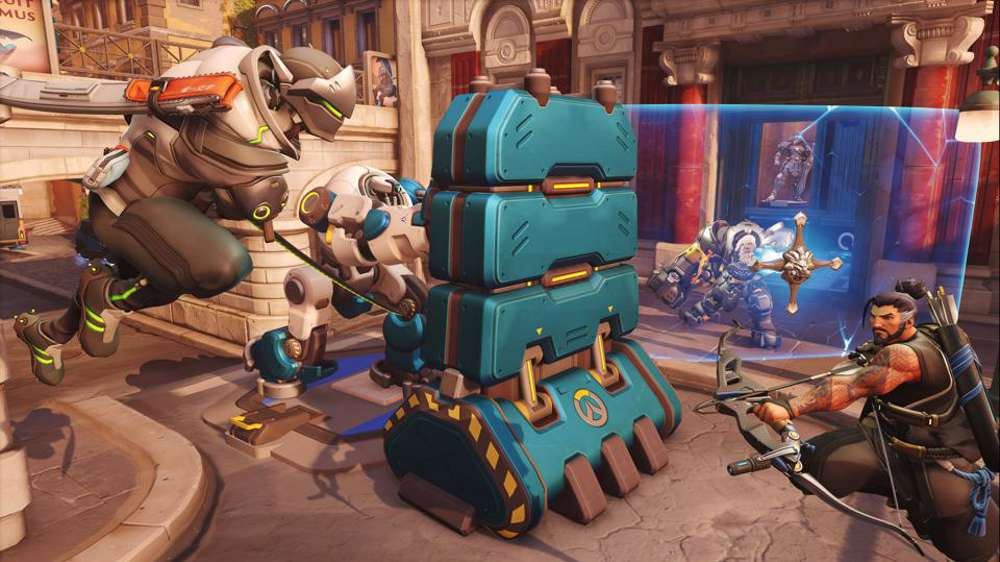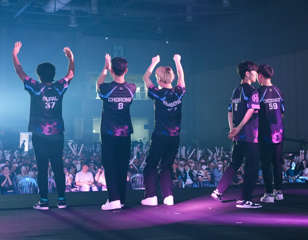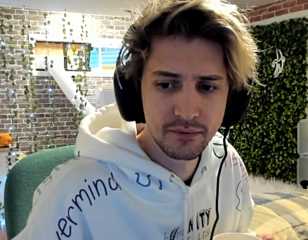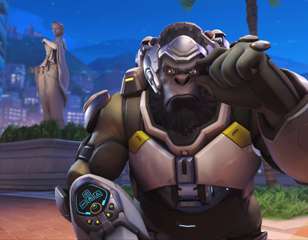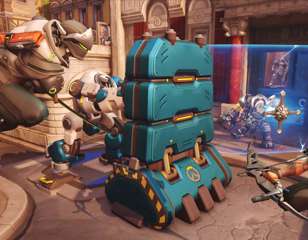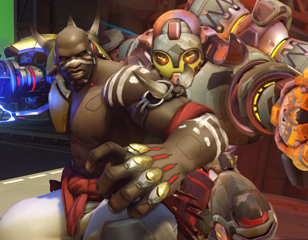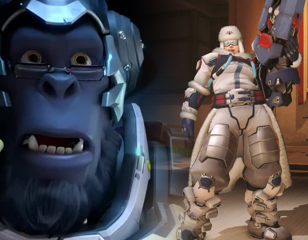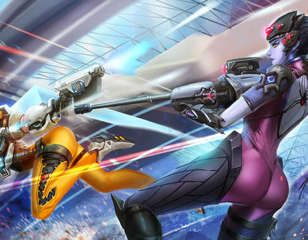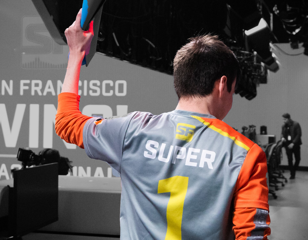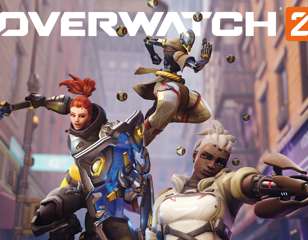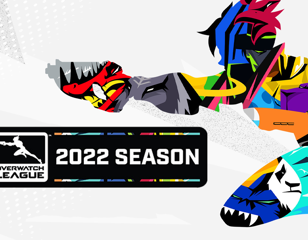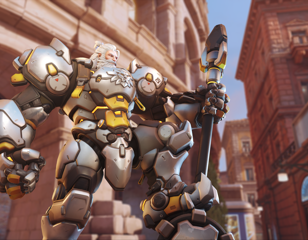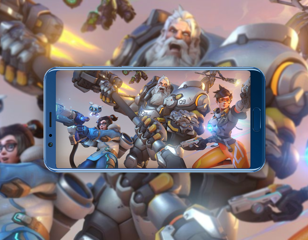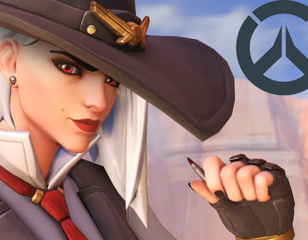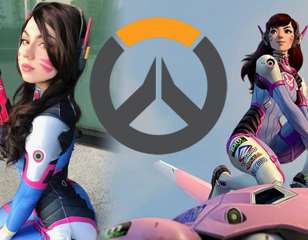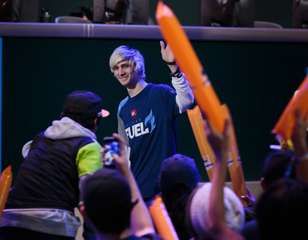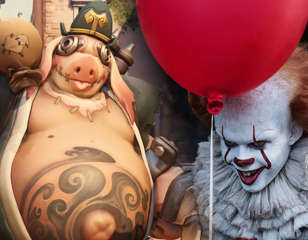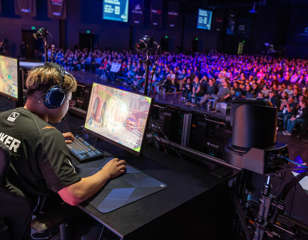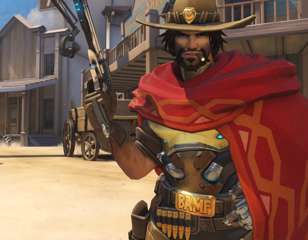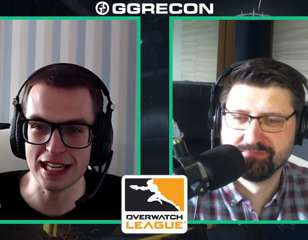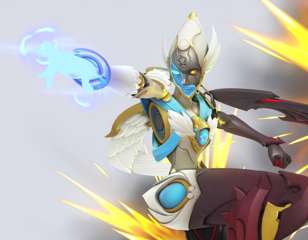Excellence Behind the Curtain - Overwatch's Elusive Emotional Leaders
In Sam Walker's book The Captain Class, the author finds similarities between the most elite teams in sports history. How does it relate to Overwatch?

Sascha Heinisch
20th May 2020 18:00
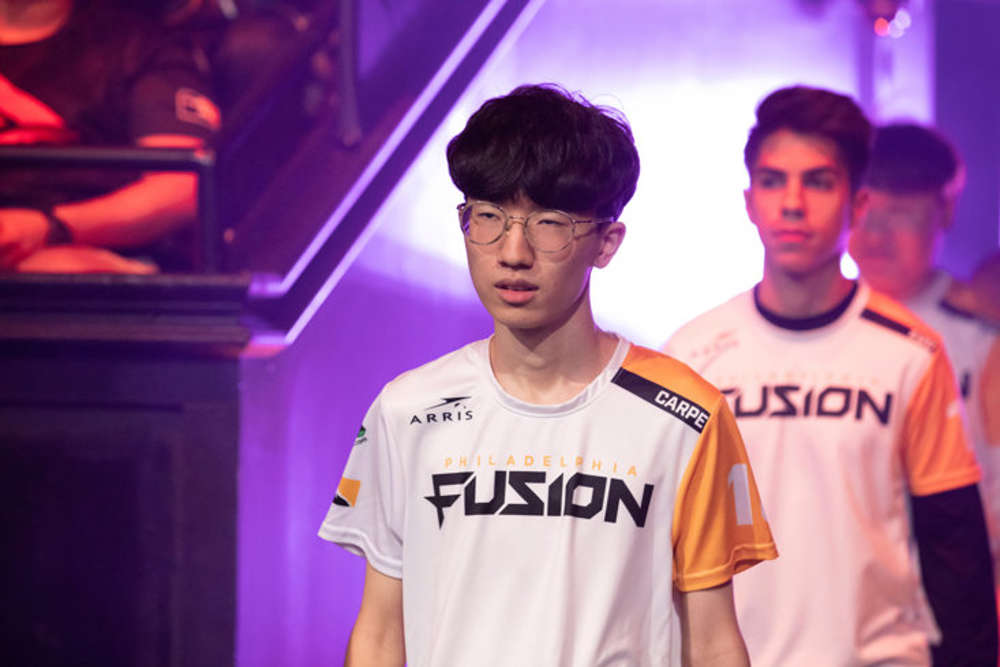
The discussion around intangibles in Overwatch is often frustrating, isn’t it? Rarely do we get insights into a team’s hierarchical structures and who is contributing in which ways outside the observable in the game. Often we’re left to speculate as to why a seemingly inferior skilled player is fielded ahead of a better one. When this move leads to a transformed performance in which the team as a whole plays better, we’re left to infer that this person has a quality about them that allows others to rally behind or ease up and excel. We have an intuitive understanding that things like the honeymoon period or the winner's mentality will impact their gameplay. The details remain elusive but are best explained from a coaches’ perspective. How important is confidence and leadership have in Overwatch?
Searching for the formula
There’s a book that has been making the rounds in Overwatch League coaching circles. In conversations with them, I noticed that familiar concepts from it would pop up on occasion. Not only did it give away that they had read it, but that it had significantly impacted their thinking on their craft.
As far as I can tell, the one who first suggested it was Overwatch League stats producer Ben “CaptainPlanet” Trautman. Since then “The Captain Class: The Hidden Force That Creates the World's Greatest Teams” by Sam Walker has spread like a wildfire among those who are trying to lead and build successful OWL teams.
“He will make sure that we see the light at the end of the tunnel and that gets everyone to try hard to reach that light so to say, even if the tunnel seems insanely long." - Defiant assistant coach Dennis “Barroi” Matz
The book is a thorough investigation of the world's greatest sports dynasties. Running successful core rosters through several filters ranging from the integrity of the line-up to the time of dominance, Sam Walker first identified the 16 most dominant major sports teams and then their common denominator. At the heart of every one of these teams is a core entity, be it a single player or group of them, that stand apart from the rest, who assume a leadership role that only few are able to, uninhibited to tell their minds while also glueing the team together by the qualities of their character. They defied the definition of the conventional leader, were rarely the best player on their team, shied away from the spotlight, might even have been in a subservient role to other players on the team but did whatever had to be done. They went to the brink of the rules and tested them, did the thankless jobs and were in control of themselves and their emotions.
Naturally, the qualities required of such a person or group would vary from team to team and sport to sport and so it’s important to understand that trying to find a player that fits this mould in Overwatch would likely not produce the same results and perhaps the exact opposite would be the case. Overwatch is young, but the search for a formula of reliable success against the game’s volatile nature is ongoing. When the tides change so regularly, the onus is on the teams to find a rock in your formation that will not be taken by the waves. Someone or something; a player, a core, a philosophy or an idea that stands the test of time and the environment. Someone like EscA, like Internethulk. Something like the core of four, like the old RunAway.
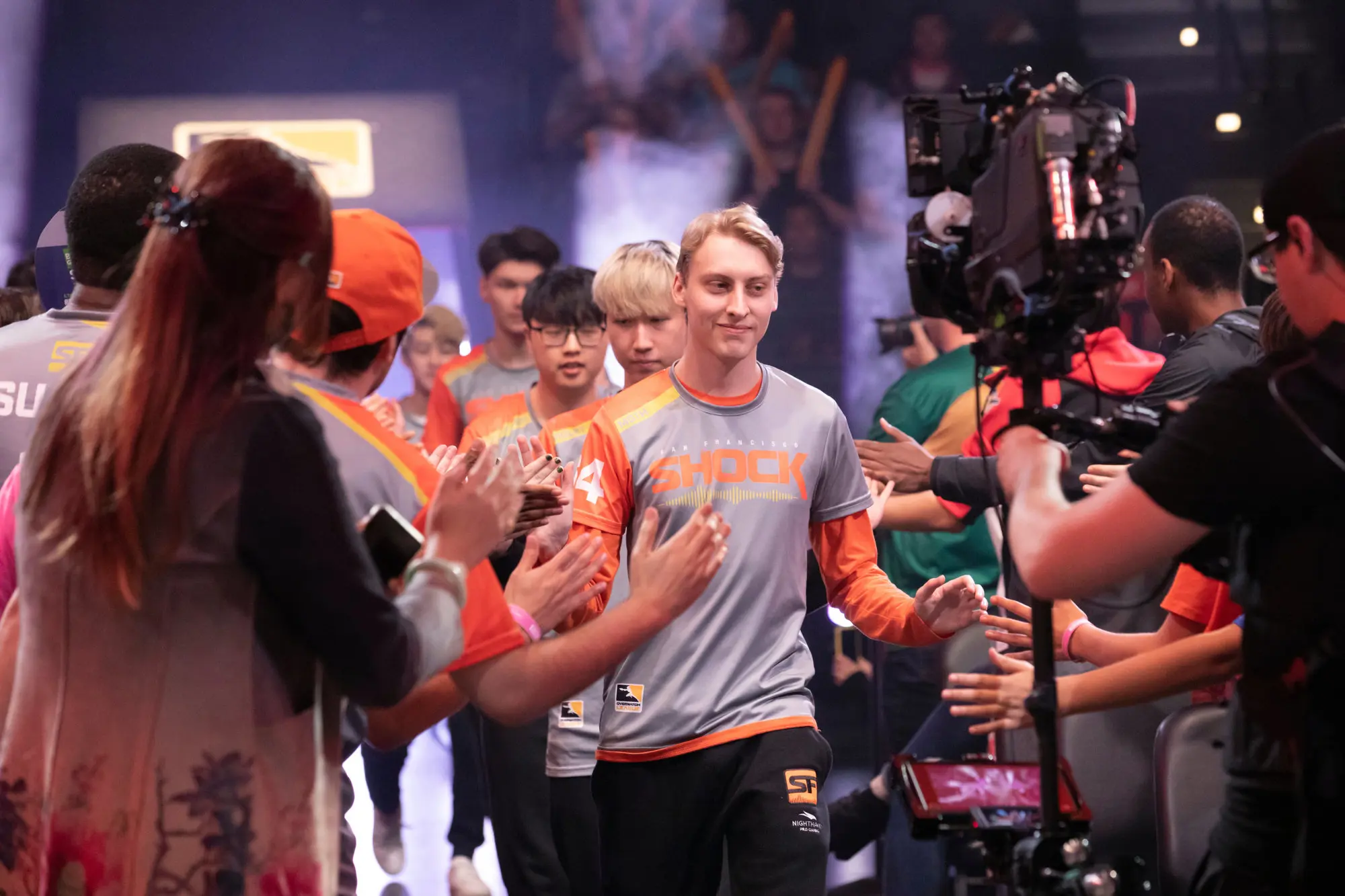
Calling upon a leader
The retirement of Jay “Sinatraa” Won hadn’t just been the loss of a player with an MVP performance, it was the loss of a leader. After the announcement had hit the timelines, Matthew "super" DeLisi shared on his stream that his head coach Dae-hee "Crusty" Park had counted on Sinatraa as a leader. “Crusty liked Sinatraa because he was able to take control of the game” super shared, elaborating that Sinatraa had filled a shotcalling role that provided “assertive calls”. In his twitlonger, Crusty called Sinatraa “leader and heart of the team” as he reminisced about the loss of his captain. While main support Grant "moth" Espe is said to have taken charge of the strategy, Sinatraa took care of the team's morale. Yet you can’t help but acknowledge how well Sam Walker’s description of the most successful leaders fits moth.
“Overwatch is just as much of a mental game as it is a strategic game, and the moment of self-doubt is a killer. - Head Coach and General Manager of the Gladiators, David "dpei" Pei”
During an episode of the Tactical Crouch podcast, Fusion assistant coach Christopher "ChrisTFer" Graham brought up Captain’s Class and explained that for his team, that element of leadership comes from Jae-hyeok "Carpe" Lee and increasingly Daniel "FunnyAstro" Hathaway who according to ChrisTFer has shown all the attributes of a natural-born leader.
“[Carpe] emotionally dragged the team from like a slower playstyle to into a faster playstyle. [...] He was the driving force”, ChrisTFer explained about a moment in their match against the Dallas Fuel, in which the Fusion were put onto their backfoot by trying to play an anti-dive strategy but would miss out on important EMP value because of it. “He was the only one who recognized it. This has to change or we lose.” ChrisTFer explained.
Expanding on the importance of leadership, ChrisTFer also mentioned the new recruit of the Defiant, Harrison "Kruise" Pond, who had seemingly transformed his new team to be able to go toe to toe with the dominant San Francisco Shock, stating that “Kruise is an unbelievable ingame leader”. Assistant coach for the Defiant, Dennis “Barroi” Matz agreed: “Kruise has only been here for a few short weeks, but he has already stepped into the role of primary emotional leader.” However, Barroi, whose team had been in a challenging situation once again this season, having lost their head coach and finding themselves at the bottom of the table, explained that the holes you can sometimes be put into by competition aren’t solvable by one person, but a team effort. “Logix, Kariv and in the past Kellex, also help do that to a lesser degree, which is important, because this way there will always be someone to bounce off ideas to, no matter the situation. I don’t think one person alone can always drag you back out of the emotional hole you find yourself in sometimes.”
“The secret to effective team communication isn’t grandiosity. It’s a stream of chatter that is practical, physical, and consistent. - Sam Walker, The Captain Class”
A team to lean on
Los Angeles Gladiators head coach and general manager, David “dpei” Pei echoed Barroi’s sentiment, going as far as to say that in his team, there isn’t an identifiable leadership structure that stands out. Instead, the entire team chips in. “I think everyone on our team is comfortable talking to each other about what the problems are and how to address them. We’ve developed the culture of making sure that we want to talk about any issue no matter what if it helps us win.” he shared with us. Indeed, one of the important take-aways of elite sports leadership from Captain’s Class became that it wasn’t about grandiose speeches to rally the troops, but effective communication with the emotional leader lubricating the conversation and making sure that it flows.
The alpha male notion of leadership, with big speeches and single-handedly taking over games by sheer power of will is an outdated image that doesn’t lend itself to top tier performances in high pressure situations, and in a volatile environment such as Overwatch. To unravel why teams win or why they don’t, we ought to look at the part of the team that acts in service of it and devotes themselves to excellence, no matter what it takes.
Images courtesy of Blizzard Entertainment

About The Author
Sascha Heinisch
Sascha "Yiska" Heinisch is a Senior Esports Journalist at GGRecon. He's been creating content in esports for over 10 years, starting with Warcraft 3.
